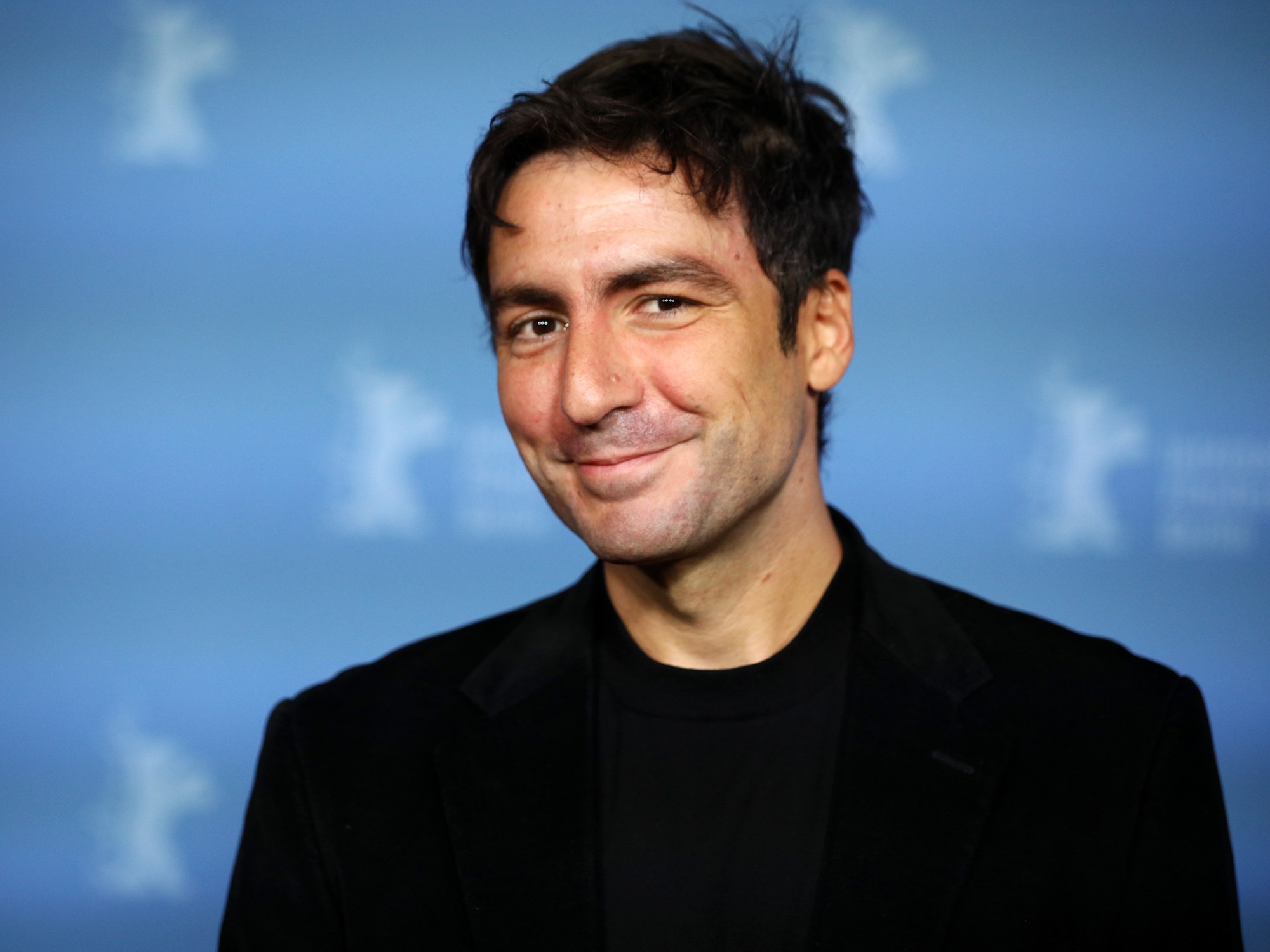
- Interviews
İlker Çatak’s on “The Teachers’ Lounge”
The German drama The Teachers’ Lounge (Das Lehrer Zimmer) from director İlker Çatak, starring Leonie Benesch, held its world premiere at the Berlin Film Festival. The feature tells the tale of a first-time schoolteacher, Carla Nowak (Benesch), who is committed to teaching mathematics and physical education to her class of seventh graders. All is running smoothly until one of her students is suspected of theft. When Carla decides to get to the bottom of the matter, she is quickly faced with ramifications. Criticized by her peers as idealistic, she finds herself having to answer to angry parents and intervene between fighting students. Caught between her ideals, she is pushed to the limits when the entire school system gets thrown off balance and the consequences of her actions threaten to break her.
This interview was conducted over Zoom.
Your movie The Teachers’ Lounge world premiered at Berlinale. What do you love about this film festival?
Berlin is my hometown, so it is very special for me to be screening my movie here at one of the most beautiful venues, The Palace, a theatre where a gazillion years ago my father took me to see my very first movie Harry and the Hendersons. It means the world to me to come back here and get a chance to sit in the beautiful theatre with like 700, 800 people watching my movie.
What interested you in this subject and how would you describe your style of filming and the atmosphere and vision you wanted to focus on?
With this movie, we wanted to create some sort of pressure. The niche I was trying to find for this film was to focus on this schoolteacher who found herself constantly under pressure. When I did my research, I went to many schools to observe the life and work of many teachers. It was exhausting for me to watch them, to see them work, because everything was happening parallel, many things were just taking place at the same time, which I was trying to translate through this movie.
I wanted to build from the idea of making a movie where parallel events are adding and building pressure for the character. I also wanted to find a way to translate that cinematographically. We chose a very deliberate format, to keep a narrow angle where you feel the character not being able to breathe. We opted to only show her in her work environment. Carla never leaves that school. People asked me: “Hey, why do we never see her in her private life?” And I always answered that it didn’t matter to show if the character is a cat or a dog lover, I wanted to show that you could get to know Carla as soon as she was put under pressure and she had to make a decision. I wanted to film only inside the school, to never go outside, so that one could experience the school’s closed system. I had to convince a lot of people of such but ultimately, I’m really glad I shot it this way.
We’re living in an era where diversity, racial and cultural subjects are emphasized. Was that also important for you to bring to the forefront in your movie?
Absolutely, I was very aware of the white guilt a person can have. I myself am a migrant kid, my parents are migrants, so there are a lot of identity issues shown in this drama. It’s no coincidence that the first kid accused of stealing is Turkish. Also later in this film, we get to experience the diversity debate, followed by the focus debate, which is very interesting. Carla is trying to be on the side of the kids, but when the school paper comes in and those kids are even more on fire, she suddenly ends up being the one accused. Then we show the big tall teacher, who being an individual of color, gets accused of racism which was so absurd. The only person who’s probably experienced racial profiling suddenly became a racist in these kids’ eyes. I tried to demonstrate this whole diversity debate to mirror, in a way, the absurdity that’s going on.